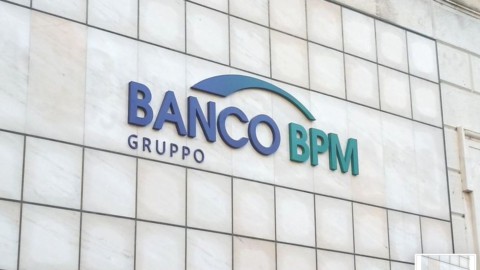Tuesday Bpm bank has successfully concluded the issuance of a perpetual Additional Tier 1 bond for an amount equal to 300 million euro. This was announced by the Bank in a note, explaining that “the operation is part of the efficiency of the capital structure and makes it possible to achieve the Group's Additional Tier 1 capital target, further strengthening its capital position£.
The bonds, reserved for institutional investors, are issued at par, they pay a semi-annual, fixed and non-cumulative coupon of 7% and they can be recalled by Banco Bpm every six months starting from 12 April 2027.
In the event that the call does not take place, the new fixed-rate coupon will be determined "by adding the original spread to the 5-year mid swap rate in euro to be recorded at the time of the recalculation date and will remain fixed for the following 5 years (until the subsequent recalculation date)”, explains the bank again.
The payment of the coupon “is totally discretionary and subject to certain limitations. The security also envisages a temporary reduction in the nominal value should the Group's CET1 coefficient fall below 5,125%”.
As for demand, the investors who participated in the operation are mainly fund managers (84%), banks (7%) and insurance companies and pension funds (7%), while the geographical distribution sees the prevalent presence of foreign investors (including United Kingdom with 42% and France with 15%) and Italy (20%).
Morgan Stanley – informs the bank – acted as Sole Bookrunner, together with Banca Akros (related party of the issuer1) as Other Bookrunner.
On 9 March Banco BPM concluded the placement of its first Green Covered Bond issue intended for institutional investors for an amount of 750 million euro and a 5-year maturity.





